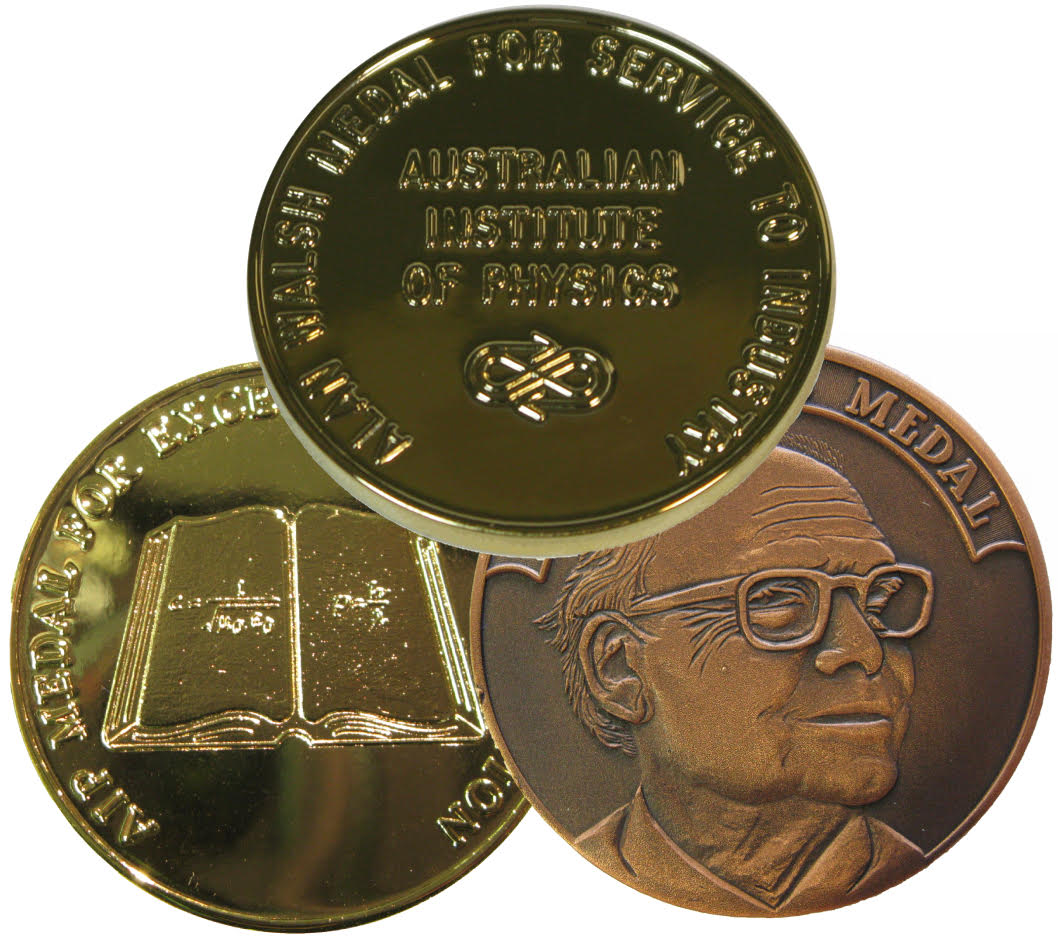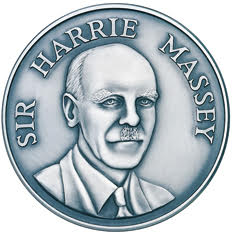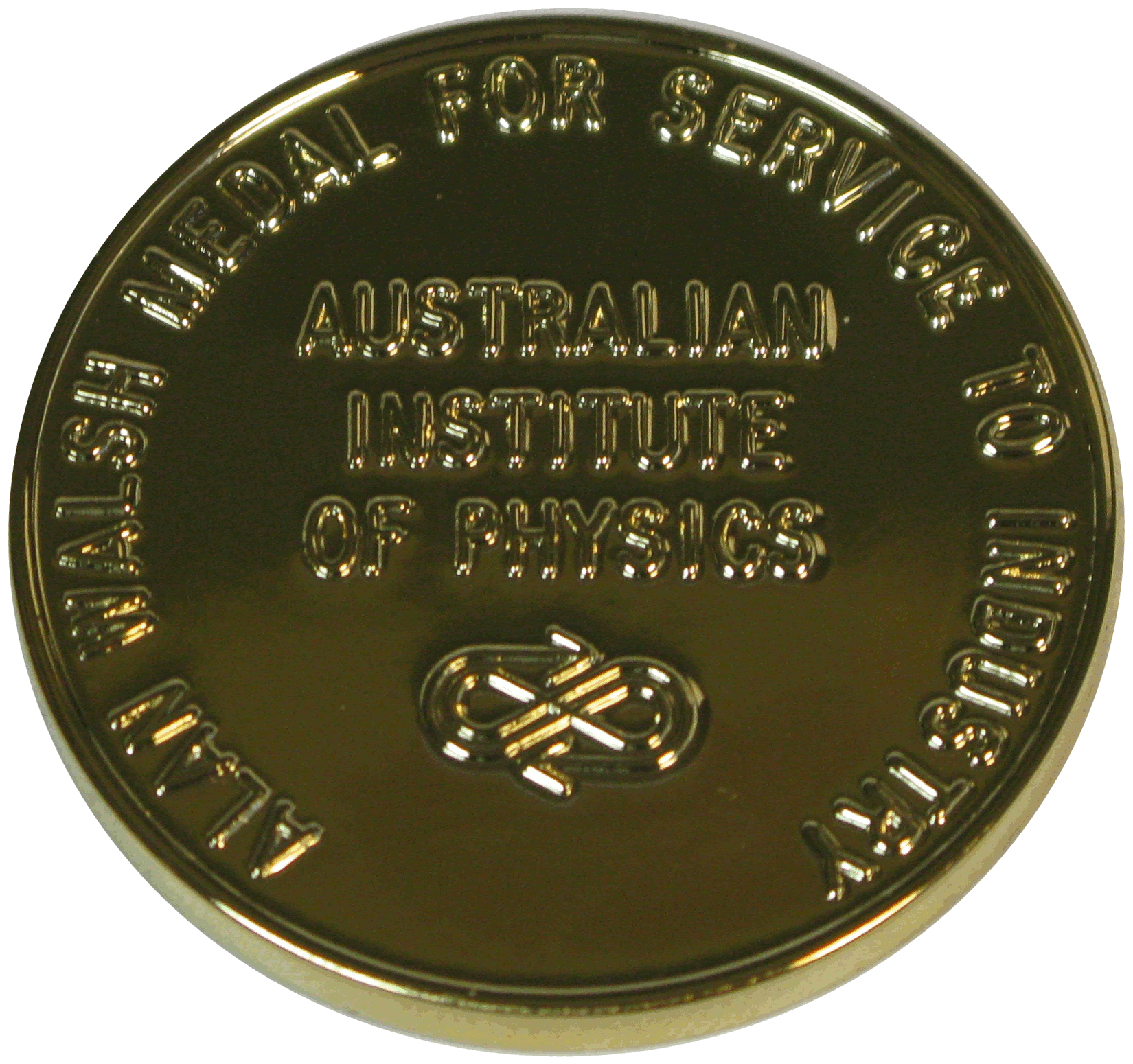
The AIP are delighted to announce the outcomes for the
following 2020 awards:
HARRIE MASSEY MEDAL

Professor Halina Rubinsztein-Dunlop
The University of Queensland
For her pioneering work in laser micromanipulation, atom and quantum optics, ultracold atomic gases, nano-optics and biophotonics. Her seminal research in the mechanical action of light in biological and micron scale systems has paved the way for optically driven micromachines and led to applications in a diverse range of fields. Her distinguished achievements in laser cooling and trapping of atoms includes milestones such as the experimental demonstration of dynamical tunnelling and the observation of novel coherent structures in condensed gases.
ALAN WALSH MEDAL

Professor Ann Roberts
The University of Melbourne
Professor Roberts has provided an outstanding contribution to the fields of Plasmonics, Nanophotonics, and Optics more broadly. Her deep understanding of fundamental optics has enabled new advances in art conservation and attribution, particularly in collaboration with the Grimwade Centre for Cultural Materials Conservation, and to the development of new generation banknote security features in collaboration with the Reserve Bank of Australia.
EDUCATION MEDAL
Associate Professor Elizabeth Angstmann
The University of New South Wales
For her outstanding contribution to physics education in Australia by developing innovative approaches to first year and service teaching, increasing the number of students voluntarily electing to study physics, and establishing programs to improve the experience of secondary school physics students in New South Wales.
RUBY PAYNE-SCOTT
Dr Magdalena Zych
The University of Queensland
For her development of an innovative new framework that incorporates relativistic time dilation into the theory of quantum mechanics, and discovery that time dilation leads to a novel form of quantum entanglement and decoherence; and the subsequent proposal of the new paradigm of ‘quantum clock interferometry’.
We congratulate these award winners on their achievements!
Due to a confluence of events including COVID-19 we are still finalizing the award winners for 2019. The decision was made to go ahead with the announcement of these 2020 awards so as not to further compound these delays.
 Cognates
Cognates Site Navigation
Site Navigation
